Like many Irish food companies, Lir Chocolates found itself suddenly exposed on Friday 24 June 2016 as the result of the Brexit referendum became clear. The UK had voted to leave. At the time, the sales profile of Lir’s business was heavily reliant on the UK and Ireland, admits Ann Murray, managing director at Lir.
“A large part of this business is working as a private label supplier to some of the largest retailers in the UK,” says Murray. “However, we’ve heard and heeded the advice from Government agencies since then about market diversification and we’re now exporting to new markets in Europe and the US. But it’s a slow process to diversify,” she adds.
A key piece of research and development (R&D) work carried out by the company with the help of Enterprise Ireland was completed in 2017. This work focused on extending the shelf life of chocolate products and allowed Lir to open up export markets further away, adds Murray.
The Navan-based chocolatier has also benefited from its intense focus on innovation and new product development.
“We’ve a very comprehensive pipeline of new products coming through,” says Mary O’Rourke, head of new product development for Lir. “And that pipeline can change in terms of what new products are a priority because consumer tastes are changing all the time.”
Private label
Working as a private-label supplier to the six largest supermarkets in the UK means the company has to continuously develop new collections and ranges of chocolate, especially given the seasonality of making chocolate.
There are four principal seasons for a chocolate company: Valentine’s Day, Easter, summer and Christmas. And, just like a fashion house, Lir must innovate its chocolate range three or four times in the year to match each season.
This seasonality to making chocolate means Lir must be agile and react quickly to new trends, new seasons and new customer demands.
“The lifeblood of this company is innovation. And innovation is driven by R&D,” says Murray.
All R&D work is carried out by an in-house team in a kitchen environment. However, Lir works with large multinationals such as Barry Callibaut, the world’s largest cocoa company, and Kerry Group to test new products in their facilities.
Interestingly, the Irish market is quite a good testing ground for new ranges because we have a big appetite for chocolate.
“The Irish consumer is very discerning when it comes to food and when it comes to brands,” says Murray. “Irish people consume on average 7.7kg of chocolate every year, making us the third highest chocolate-eaters in Europe behind the Swiss and the Austrians.”
Aside from its private-label business, Lir has a strong focus on sales of branded chocolate. The company has partnered with Diageo to use the Guinness and Baileys brands under licence and manufacture a range of chocolates under these iconic brand names.
“Diageo has been very generous to us with their brands,” says Murray. “And we’ve done a lot of work in terms of using alcohol in chocolate. The Baileys truffle has been our signature product for more than 10 years now. Baileys is just a natural marriage with chocolate,” she adds.
The inherent drive for new product development at Lir meant it was always going to be able to adapt and diversify into new markets post-Brexit. However, there are still nuances to developing chocolate products that will be successful in new markets. For example, European consumers typically prefer a darker chocolate.
On top of this, it is more expensive to do business in these markets, says Murray.
“In the last three years we have diversified and our strongest growth is coming from outside the UK and Ireland. There’s definitely opportunity out there but it does come at a cost. It’s more expensive to access those markets and it requires more resources,” she says.
“The UK is, and will always be, an important market for Ireland. Whatever happens with Brexit, we’ve got to make it work.”





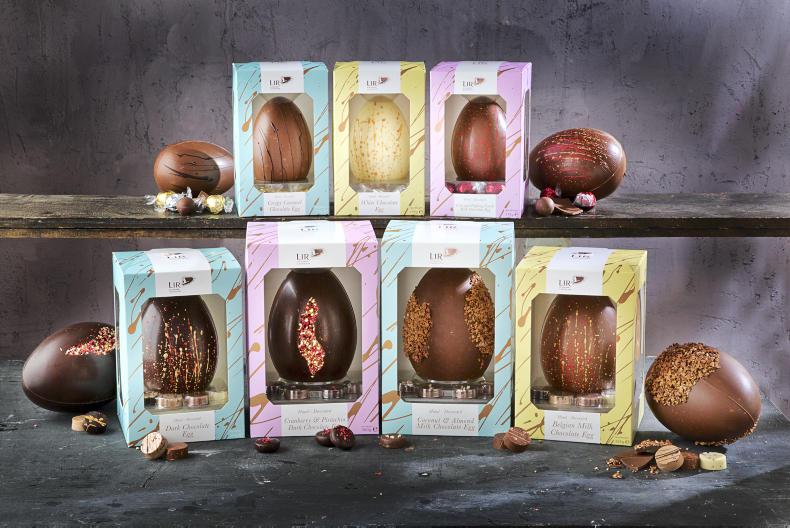
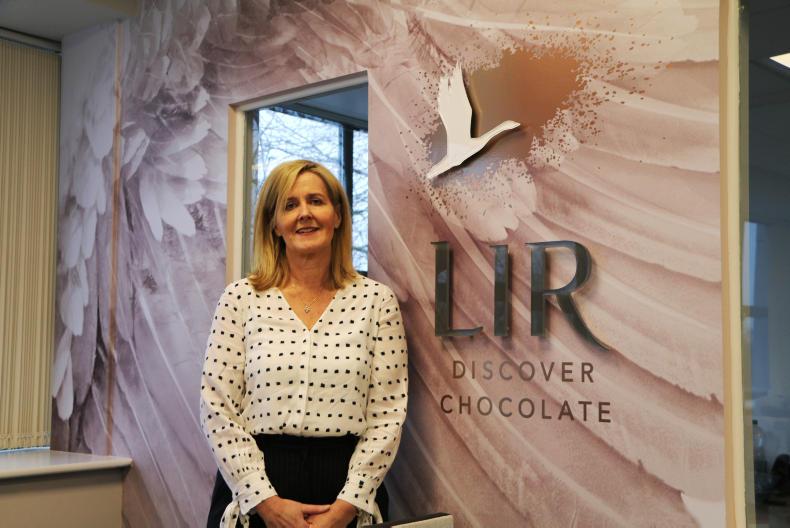
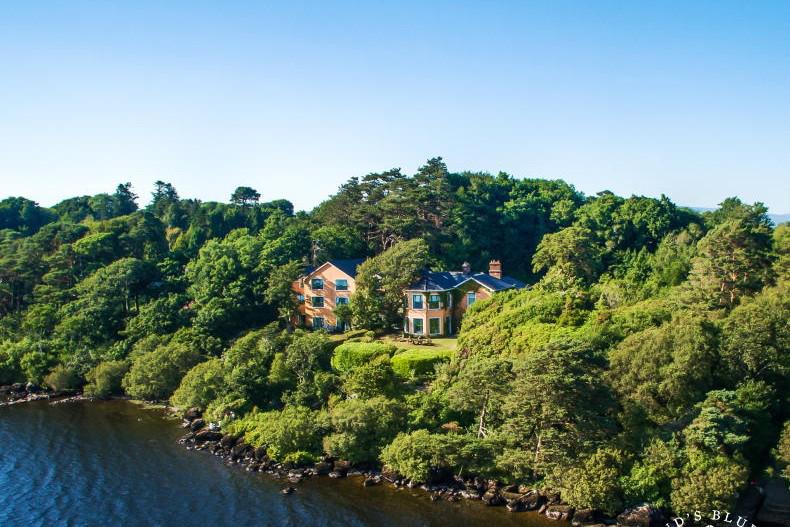
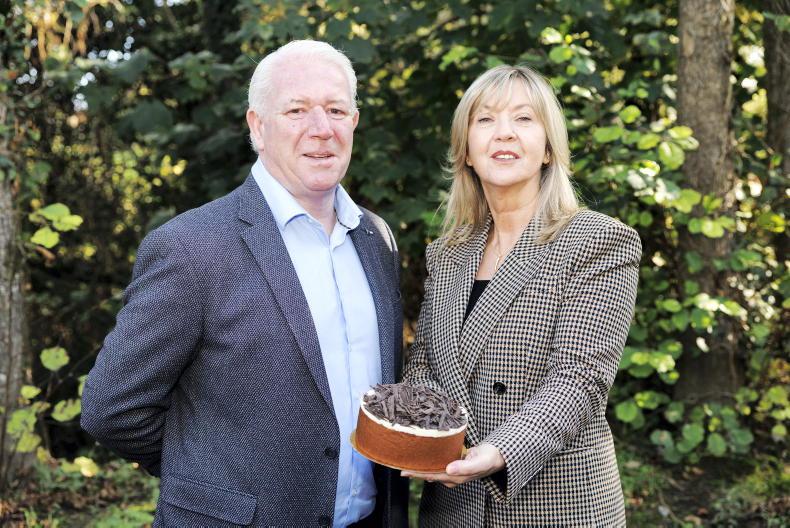
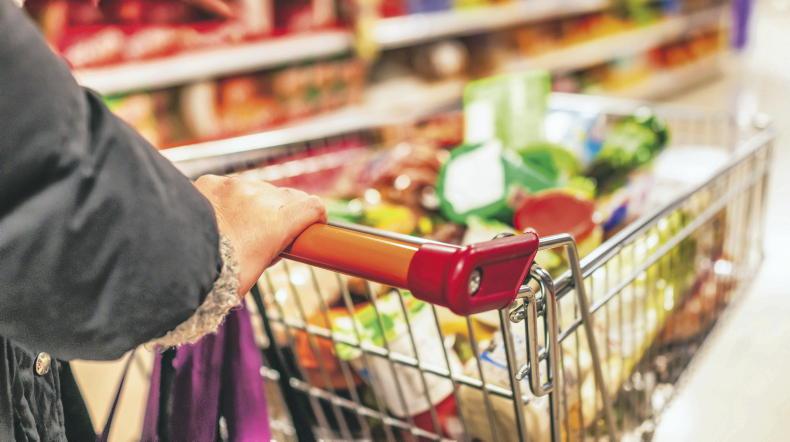
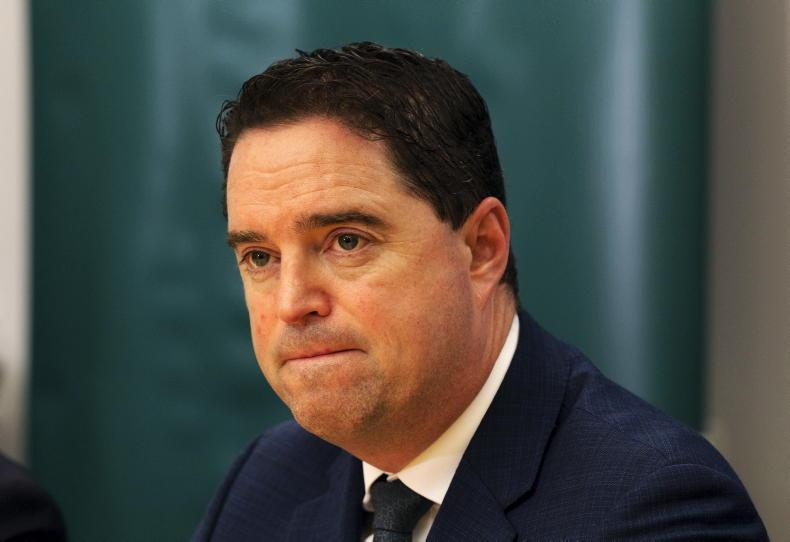
SHARING OPTIONS